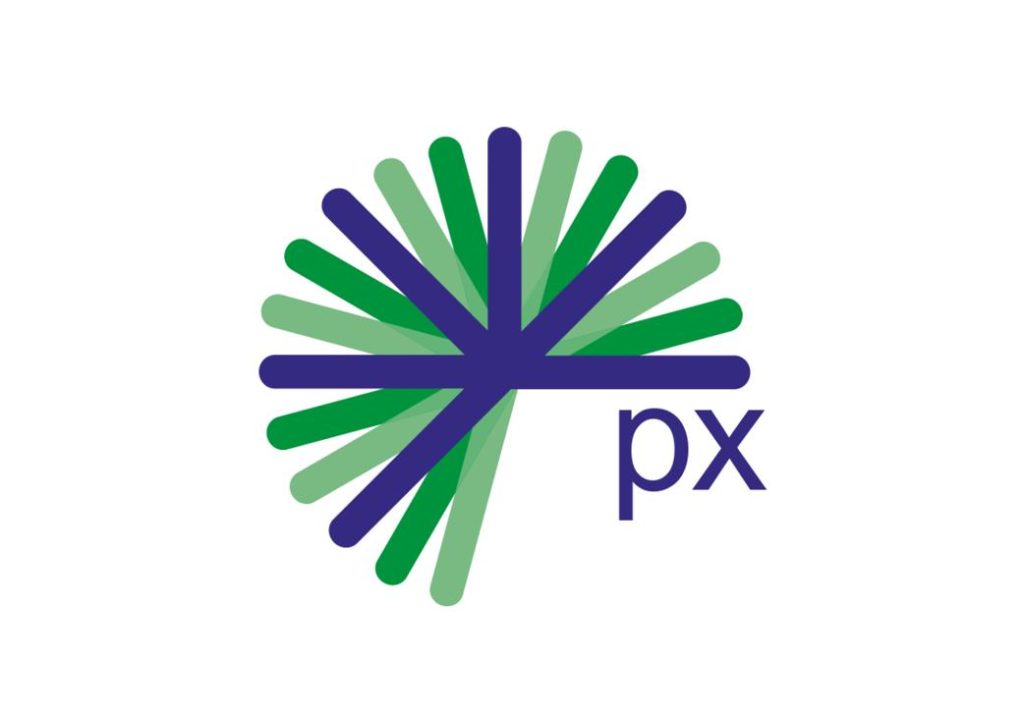To keep up to date with our global roll-out and developments, please complete your details below:
ReNew ELP have today announced their grant award of £4.42 million from Innovate UK, the UK’s innovation agency, to build the world’s first commercial-scale plastic recycling plant using the Hydro-PRT process. Focussing on the UK Government’s priority to drive economic growth through new technology, the award comes through the Industrial Strategy Challenge Fund’s Smart Sustainable Plastic Packaging programme. It recognises the commercial-scale feasibility of the technology and potential of the advanced recycling sector to help meet ambitious plastic recycling targets. The grant will aid ReNew ELP in the construction of the initial plant, which commences build in Q1 2021 and will see c. 80,000 tonnes of waste plastic recycled annually upon completion.

The Hydro-PRT (Hydrothermal Plastic Recycling Technology) process uses supercritical water, heat and pressure to convert waste plastic considered ‘unrecyclable’ through traditional mechanical means back into the valuable chemicals and oils from which it was made, for use in the petrochemical industry in the production of new plastic and other materials. This helps to create a circular economy for waste plastic.
Rebecca Pow, Under-Secretary of State for Environment, said:
The Government is committed to both clamping down on the unacceptable plastic waste that harms our environment and ensuring more materials can be reused instead of being thrown away. By investing in these truly ground-breaking technologies we will help to drive these efforts even further, and I look forward to seeing them develop and deliver real results.
A key benefit of HydroP-PRT is the ability to recycle multi-layer, flexible plastic materials such as films, and pots, tubs and trays (PTT), considered unrecyclable through traditional mechanical recycling, and are instead sent to landfill or incineration. Vitally, new materials made from ReNew ELP’s advanced recycling feedstock are suitable for use in food-contact packaging material, a problem area for mechanical recycling systems whose products do not meet European Food Standard Agency requirements.
WMG at the University of Warwick partner on the project, conducting detailed Life Cycle Assessments (LCAs) to quantify the benefits of advanced recycling across multiple environmental indicators.
Dr Stuart Coles of WMG at the University of Warwick said:
WMG will also be investigating what materials can be manufactured from the Hydro-PRT output streams. We will be able to link previously difficult to dispose of plastic materials to added-value products and demonstrate their potential through our characterisation and testing facilities.
In line with the Government’s policy of ‘Producer Pays’, Hydro-PRT offers a solution to producers, retailers and brand owners levied with the expected Plastic Packaging Tax, which enforces a 30% recycled content requirement for all plastic packaging in both the UK and pre-filled from overseas from 2022, alongside
Extended Producer Responsibility (EPR), which challenges those in the plastic value chain to pay the full net cost of waste material collection and recycling. Advanced recycling company ReNew ELP offers a beneficial technology to help increase the recycled content of packaging and provide a recycling solution for plastic packaging materials such as flexible films, pots, tubs and trays.
